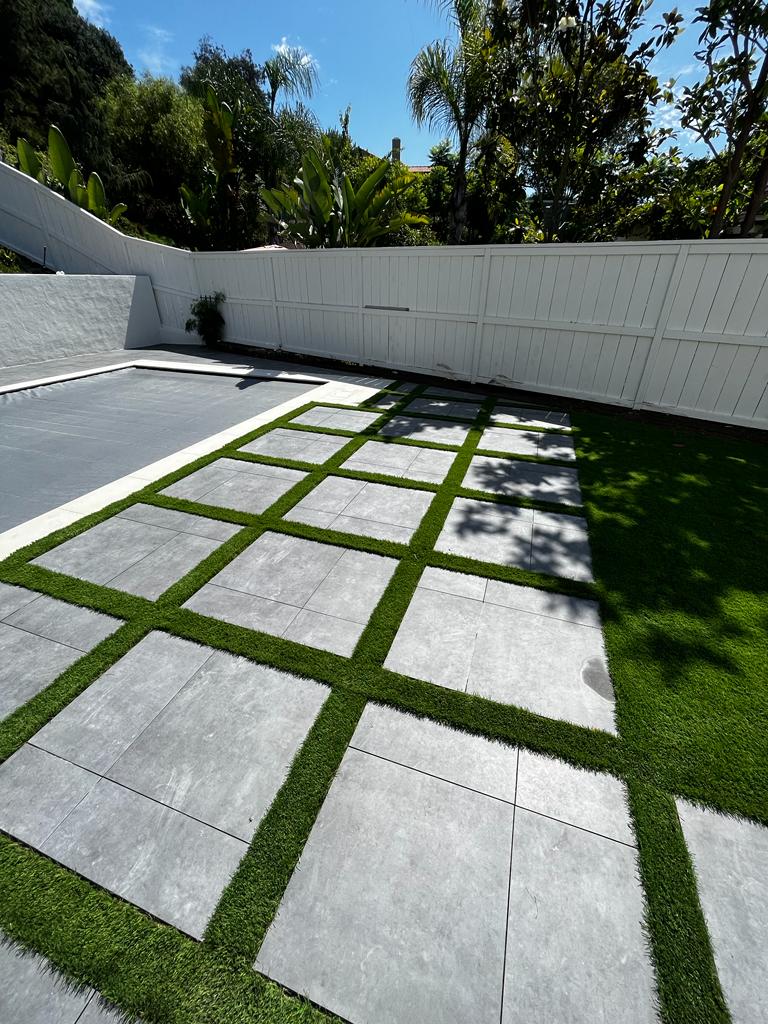When approaching the design and construction of an Accessory Dwelling Unit in San Diego county, it’s important to follow the proper procedures when it comes to permitting. When it comes to hiring a company for your ADU construction, be sure to reach out to our experienced team here at Designs 4 You Remodeling.
- Determine Eligibility: Your property must be zoned to allow for an ADU. Most single-family and multi-family zones in San Diego County permit ADUs.
- ADU Types: Attached ADU: This type is physically attached to the primary dwelling. Detached ADU: This stands separately from the primary dwelling. Junior ADU (JADU): Typically, a smaller unit created within the primary dwelling, with an efficiency kitchen.
- ADU Size Limits: Up to 1,200 square feet for a detached ADU on a property with a single-family dwelling. Up to 50% of the primary dwelling’s size for an attached ADU, but not more than 1,200 square feet.
- Setbacks and Height: Setbacks and height restrictions will vary depending on the specific location and type of ADU. For instance, typically, there are reduced setbacks for ADUs compared to primary residences.
- Parking: You might not need to provide additional parking for the ADU, especially if it’s located within half a mile of public transit, within a historically significant district, within a block of a car-share vehicle, or in an area with parking permits. This policy aims to facilitate ADU development.
- Owner-Occupancy: As of the last update, owner-occupancy requirements were waived until January 1, 2025, for ADUs. This means that you can rent out both your primary residence and the ADU.
- Application and Review: You’ll need to submit a building permit application with site plans, floor plans, and elevation drawings to the county’s planning department. Your application will be reviewed for compliance with state and local regulations. If your ADU meets the standard requirements, the review process can be expedited.
- Fees: San Diego County and many of its cities have reduced or waived development impact fees for ADUs to promote their development. Check with local jurisdictions for current fee schedules.
- Other Considerations: Utility connections, fire safety requirements, and other site-specific conditions might affect your ADU project. Consult with a local planner or architect familiar with San Diego County regulations.
Please note that local city jurisdictions within San Diego County (like the City of San Diego, Chula Vista, Escondido, etc.) may have their own ADU regulations and guidelines, so you’ll need to check with the specific city if your property isn’t in unincorporated San Diego County.






